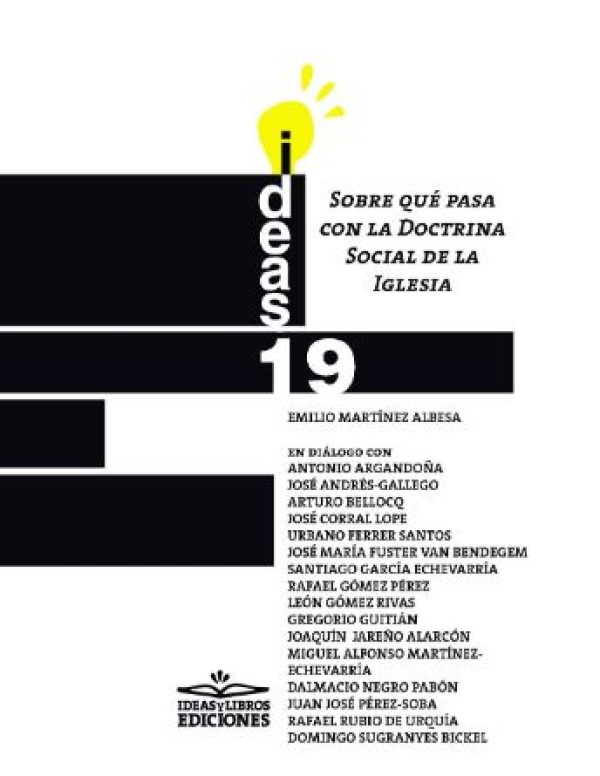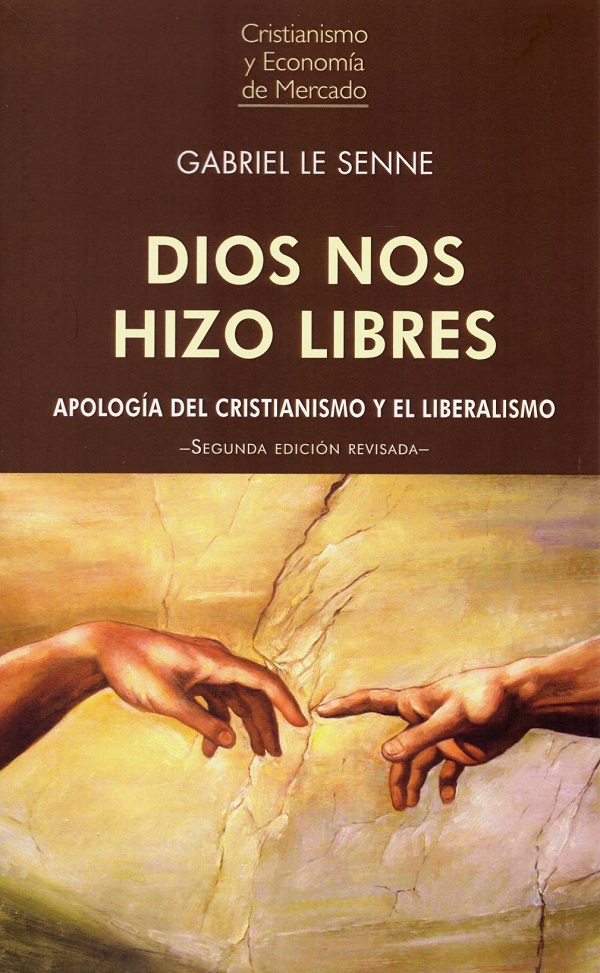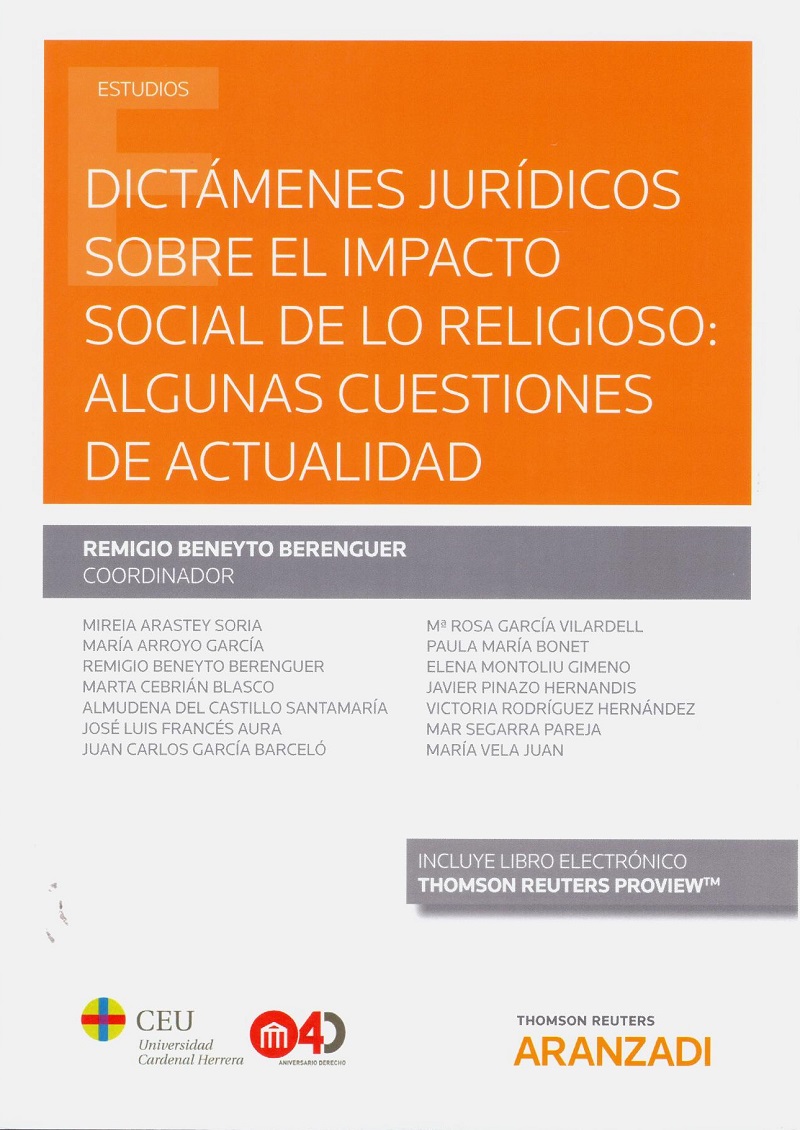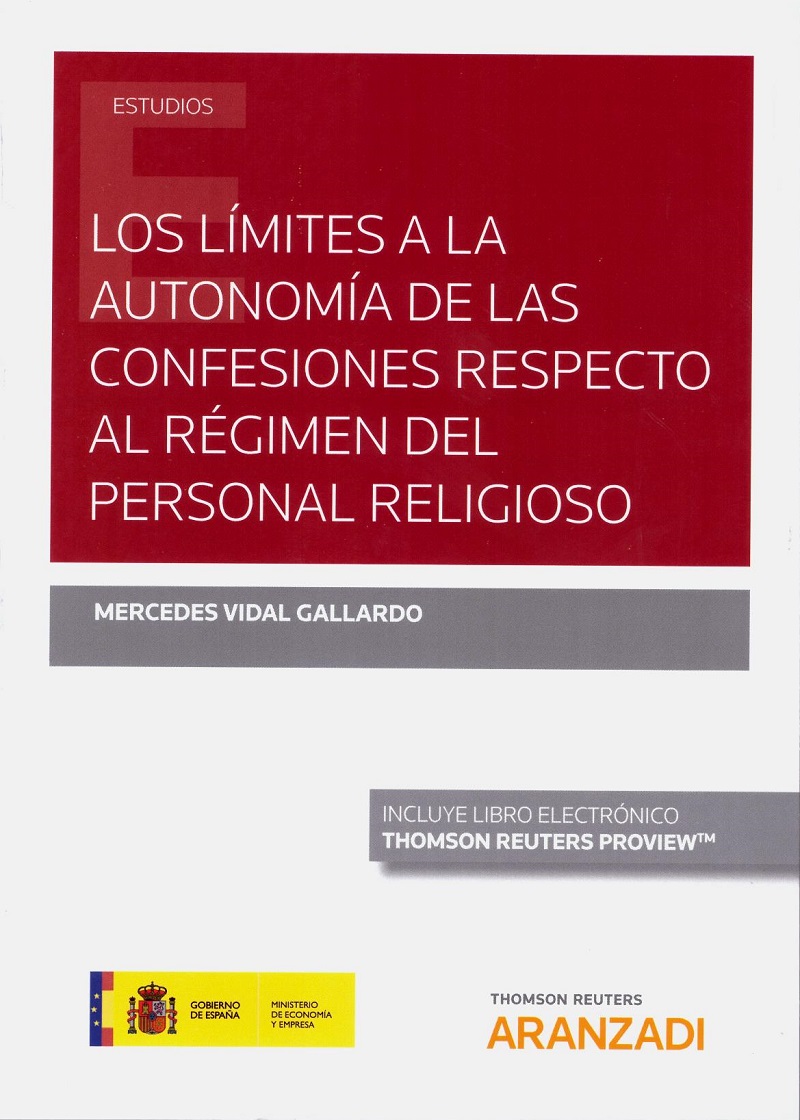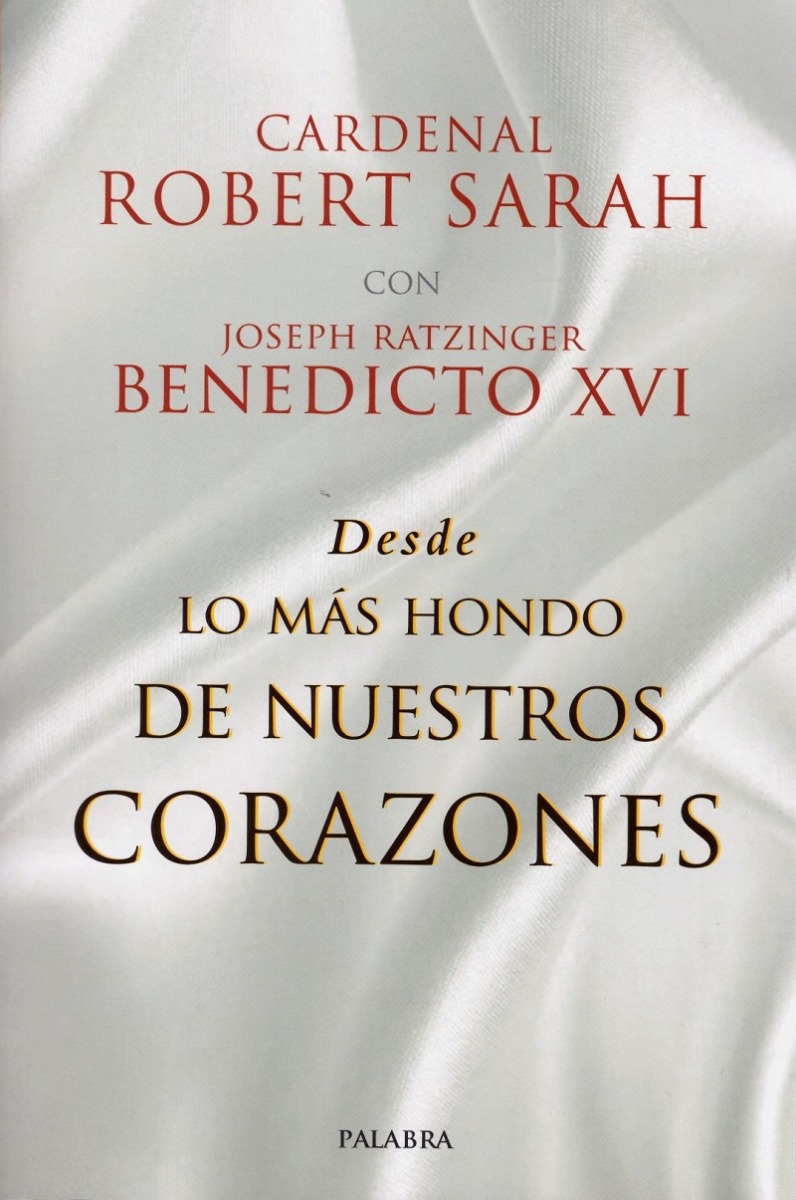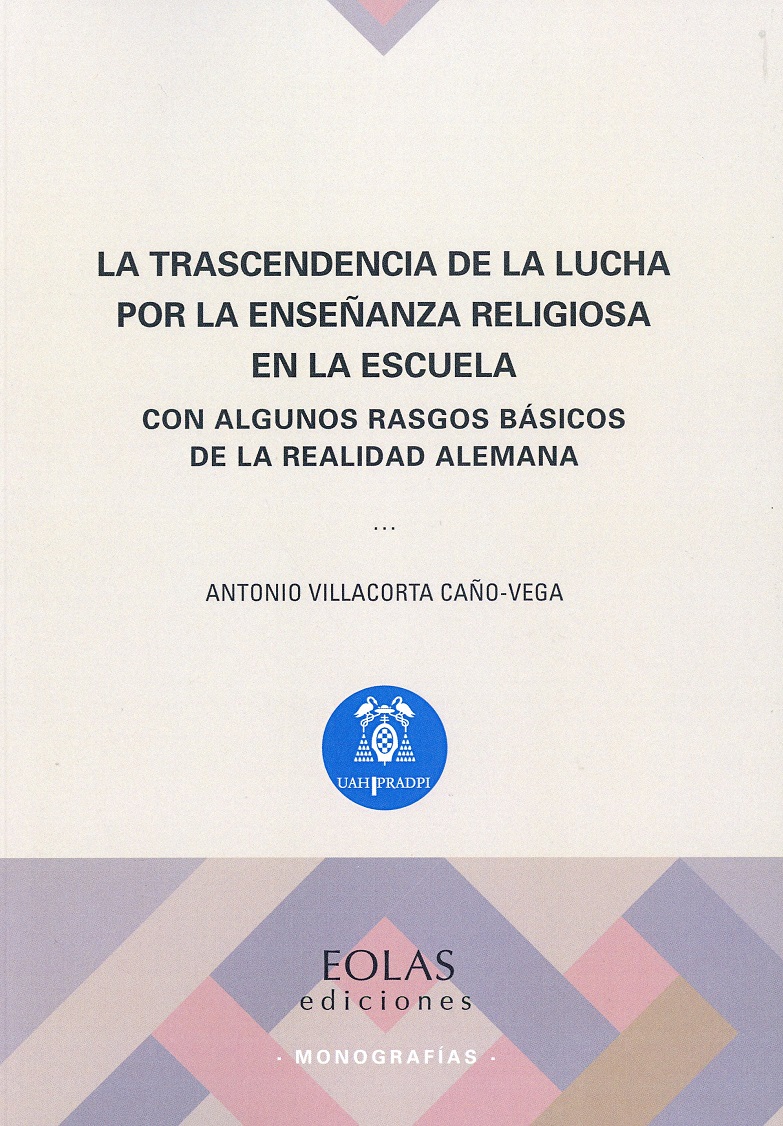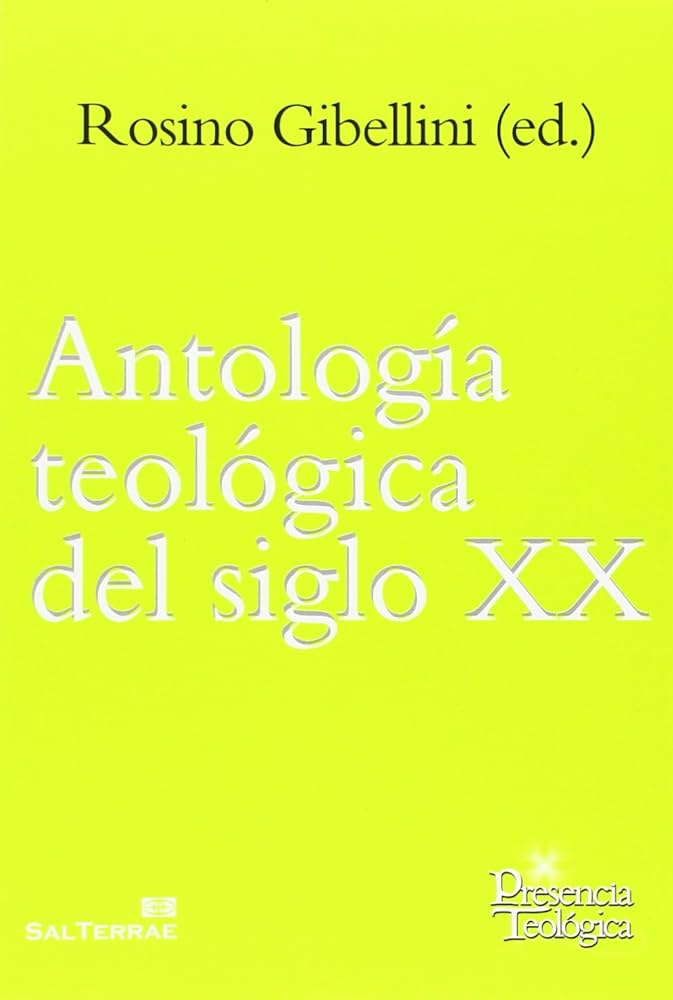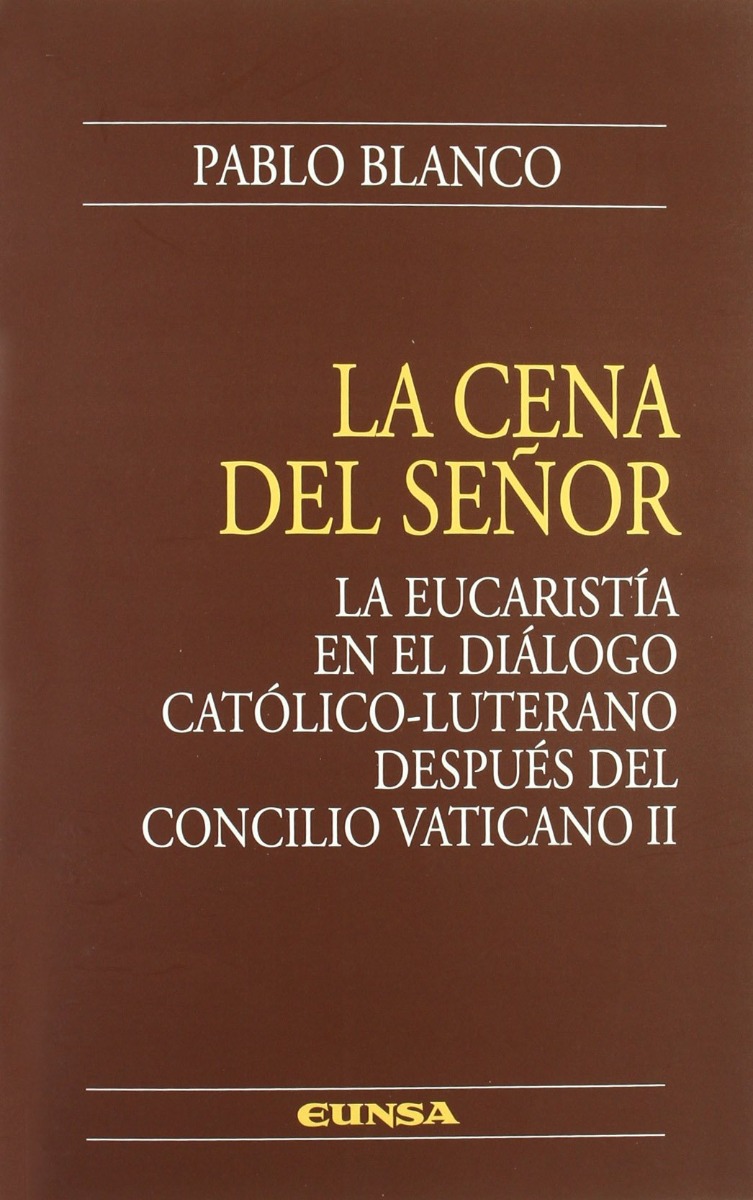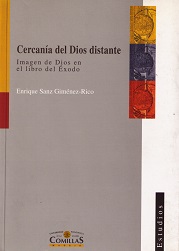El volumen número 19 trata de ser una revisión de fondo de la estructura, el contenido y el significado de la doctrina social de la Iglesia. Se recogen en este libro las reflexiones de un grupo de profesores y expertos que fueron convocados a una reunión bajo el título Qué pasa con la Doctrina Social de la Iglesia.
Sobre qué pasa con la Doctrina Social de la Iglesia
ISBN: 9788417892975
El precio original era: 17,00€.17,00€El precio actual es: 17,00€. 16,15€ IVA incluido
Hay existencias (puede reservarse)
| Fecha de edición | 24/04/2020 |
|---|---|
| Número de Edición |
1 |
| Idioma | |
| Formato | |
| Páginas |
420 |
| Lugar de edición |
MADRID |
| Colección |
IDEAS |
| Encuadernación |
Part I: Publicness and the Public Sphere in the Internet Age
1. Publicness–Privateness: The Liquefaction of “The Great Dichotomy” Slavko Splichal
2. Debunking Deference: The Delusions of Unmediated Reality in the Contemporary Public Sphere Laurence Kaufmann
3. Media, Knowledge and Trust: The Deepening Epistemic Crisis of Democracy Peter Dahlgren
4. Fake Democracy: The Limits of Public Sphere Theory Natalie Fenton
5. Visibility and the Public Sphere: A Normative Conceptualisation Lincoln Dahlberg
6. Refeudalisation Revisited: The Destruction of Deliberative Democracy Graham Murdock
7. Standpoint, Mediation and the Working-Class Public Sphere Dana L. Cloud
8. Dissonant and Disconnected Public Spheres as Challenge for Political Communication Research Barbara Pfetsch
9. A Youth-Driven Virtual Civic Public Sphere for the Arab World Mohammad Ayish
10. Family Feud: Who’s Still Fighting about Dewey and Lippmann? Lana F. Rakow
Part II: Democracy and the Crisis of Public Communication
11. The Crisis of Public Communication, 1995–2017 Jay G. Blumler
12. Democracy and the Internet: A Retrospective Charles Ess
13. Post-Globalisation Terry Flew
14. Modern Political Communication and Web 2.0 in Representative Democracies Petros Iosifidis and Mark Wheeler
15. Revisiting Digital News Audiences with a Political Magnifying Glass Josiane Jouët
16. Translation as Politics Barbara Cassin
17. The Alt-Right as a Community of Discourse Philippe-Joseph Salazar
18. Post-Communism, Democratisation and the Media: (Nearly) Thirty Years On Colin Sparks
19. Putin’s Slangy Newspeak as a Paradox of His Public Communication Tatiana Weiser
20. Digital Media, Contentious Politics and Party Systems in Italy and Spain Víctor Sampedro and Lorenzo Mosca
21. The Detached Observer: On a Necessary Change to the Self-Image of Journalists in the Digital World Horst Pöttker
Part III: Communication and Media Research in Scientific and Social Practice
22. The Double Hermeneutics of Communication Research Klaus Bruhn Jensen
23. Fast-Capitalist Veils from Communication Theory for “The Public” and Its “Discourse” Ed McLuskie
24. Reframing the Paradox of Pluralism as a Communication Problem Robert T. Craig
25. New Technologies, Old Questions: The Enduring Issues of Communications Research Peter Golding
26. A Critical Perspective on the Post-Internet World Vincent Mosco
27. Communication Research: Resignation or Optimism? Cees Hamelink
28. On Human Communication Hamid Mowlana
29. Studying Political Economies of Communication in the Twenty-First Century Janet Wasko
30. Expanding the Epistemological Horizon: Institutionalised Visual Knowledge and Human Rights Sandra Ristovska
31. Researching Fake News: A Selective Examination of Empirical Studies Nicholas W. Jankowski
32. Gendering Media Policy Research and Communication Governance Claudia Padovani
Ernesto Ekaizer tiene una larga trayectoria como periodista. Fue redactor jefe de La Vanguardia en Madrid, columnista de la revista Cambio 16, subdirector de la revista El Globo y director de Cinco Días. Actualmente colabora en la Cadena Ser, RAC1 y el diario Ara.

